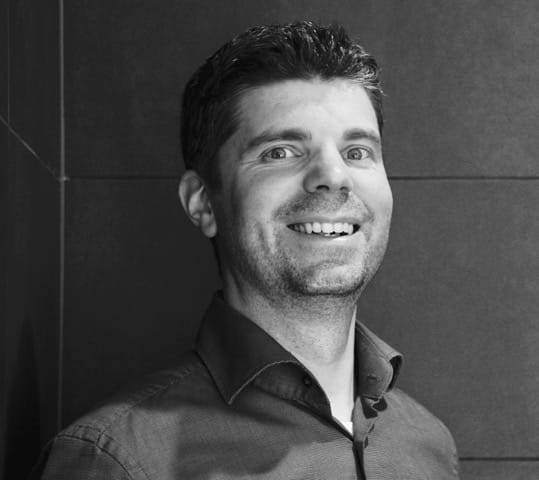Moon is a new software package that, within minutes, diagnoses patients who suffer from rare diseases. All the software requires are the patient’s symptoms and sequencing data. Moon then applies artificial intelligence to find the causal mutation. This software is the first of its kind on the market. Moon is developed by the Leuven-based company Diploid. We had a conversation with Peter Schols, CEO and founder of the company.
Many people who suffer from rare diseases struggle for years before they receive a correct diagnosis. While the individual rare diseases have small patient populations, 350 million people globally suffer from one of the many rare disorders. Taken together, this is more than the combined number of AIDS and cancer patients. A correct diagnosis is necessary in order to give the patient appropriate treatment. Diploid specializes in diagnosing rare diseases based on genome data. Schols: I founded the company in 2014 out of my passion for both software development and genetics. Diploid is focused on helping hospitals and commercial labs to provide a diagnosis for rare genetic conditions. We go from the raw genetic data to a diagnosis, signed by an MD, in about seven days. Compared to a regular medical setting, where this process takes several months, this is very fast. Now, with our revolutionary software package Moon, we take it even further. Within mere minutes, Moon autonomously diagnoses rare diseases. The unique combination of our in-house skills, such as human genetics, software development, artificial intelligence and design, made it possible for us to create Moon.My father died from a rare genetic condition, but it wasn’t diagnosed before he died. For me, that underscored the importance of having strong diagnostics.
Faster than geneticists
Schols: “After input of the patient’s symptoms, age, gender and sequencing data (WES or WGS), Moon comes up with a diagnosis within minutes, using proprietary artificial intelligence algorithms. In 90% of patients who were previously diagnosed by a geneticist, Moon comes up with the correct diagnosis. In 97% of these cases, the disease-causing variant is in the top three of Moon’s list of candidate variants. In addition, Moon has even managed to reach a diagnosis for patients who remained undiagnosed after manual interpretation.” Watch how Moon works in this video: “Moon has been tested by the University of Antwerp (UZA) in Belgium and by the National Institutes of Health (NIH) in Bethesda, USA. Overall, the diagnostic yield is on par with the work of an expert geneticist while the processing time is significantly shorter. To the best of our knowledge, we are the only company worldwide providing software that is able to do this. Our software is like a self-driving car.”The software was able to find previously identified mutations in a really efficient and fast way. More importantly, Moon came up with a solution in a case where a probably causative mutation was missed by our regular analysis. That was amazing! – Prof. Dr. Fabio Rueda Faucz, Staff Scientist, NIH / NICHD, Bethesda, MD, USA


